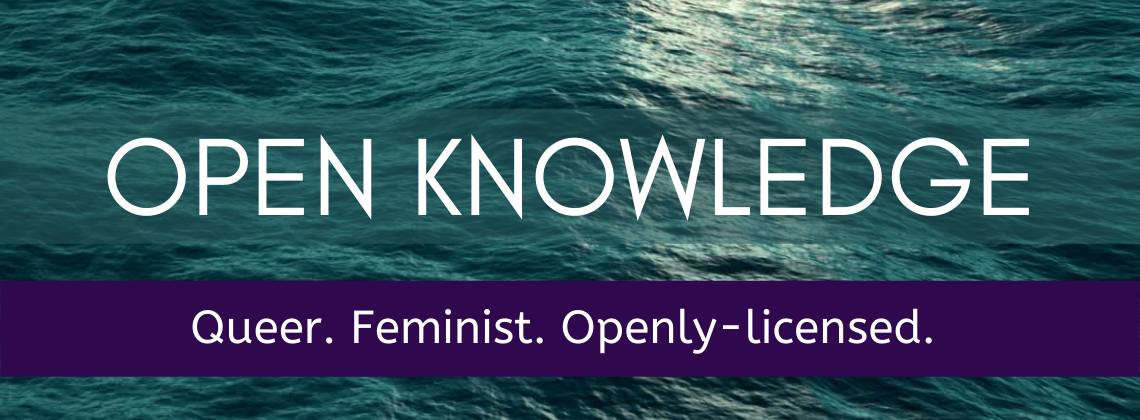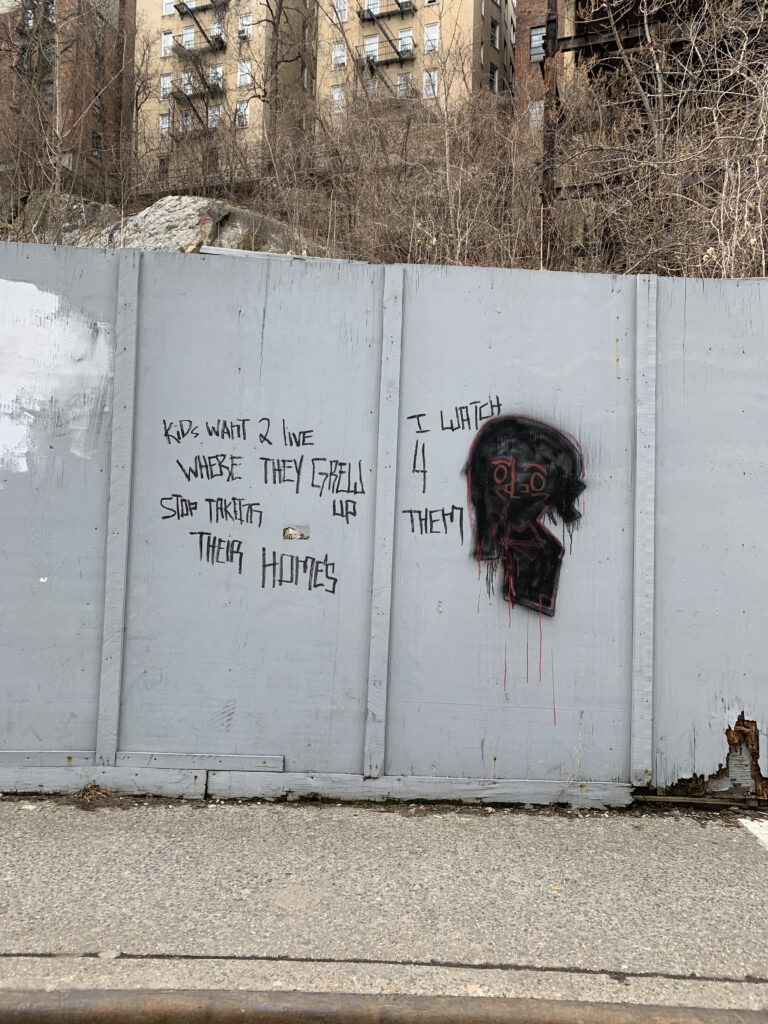…because you don’t need access to something that is open – right? This open v ______ (the blank is mercurial because I am having a hard time defining open in a static way so the opposite is escaping me) has been rolling around in my mind since last class – so I am going to attempt to get some of my questions/thoughts/tensions out here for potential conversation.
These thoughts all stem from my other class where we are reading among other things Nickle and Dimed by Barbara Ehrenreich which is essentially a book about her having low-wage jobs and trying to survive (while she took little vacations from poverty to go back to her “real house”) and how hard and horrible being poor is. It was published in 1998 originally.
Here are some thoughts in response to our first class.
When I was young and I read it I remember thinking – this book is so important to tell “my people’s” stories. These were life experiences I identified with and it felt good to have other people understand that poverty didn’t only happen to bad people. VERSUS now I am really struggling with why a person with the privilege to go “live like the poor” is making a profit by “living” the life of massive amounts of real people without the choice to go back “to their real house” when poverty got to be too hard for them. With regards to a conversation of open knowledge – this “knowledge” of poverty BEING HORRIBLE is not some BIG revelation for ALOT of people in the country, city, borough but yet this revelatory best seller “opened” these stories up to people who were otherwise not aware.
The intention of the author is important. Did the author only write this for the “academy” as an academic? Was the purpose just profit? Was it a social justice “project”? Did she get her IRB certification? Is this book for the people she was telling the stories OF…or is this book for people who can only hear these stories told from a person who they can relate to? If I had to guess, I don’t think this is for (meaning target audience) the people she is writing about…This inherently obstructs (closes) the door to a bunch of folks. Maybe this is fine but it does not seem ethical and definitely not the kind of work I want to produce. Speaking of access. This was a NYT best seller. I can’t find how much money she made off of this book – but today a new book is $16/$13 – this isn’t “expensive” to some people but is it worth the hours of labor needed to buy it?
Again, thinking about the very openness of the “free” experience of poverty versus the structures that are created when poverty is academically commodified through “knowledge production.” Where are the meetings of access and academia? Is producing academia inherently elitist (closed)? Is the consumption of academia inherently elitist (closed) because we are only talking to each other?
Is creating knowledge about other people’s real lives/lived experiences kind of like the “discovery” of wilderness.
ok – that’s all I got tonight.
*anxiously shares thoughts*




Rocio, you raise so many important questions about “open” and “access” as always contextual, material, and embodied. You’re making me think about one critique of “open access” philosophies: that they often presume a universal “student” subject who, in “a world emancipated from the constraints of archaic institutions” is “free to do and learn as they please” (Knox, 2013, p. 10). But in fact, our access is always inflected with our identities and our material conditions. Who might disproportionately benefit from “opening” knowledge, per your point about Ehrenreich’s possible financial gain from “gaining access” to poverty? Thank you for these thought-provoking questions!
Knox, J. (2013). Five critiques of the open educational resources movement. Teaching in Higher Education, 18(8), 821-832.
I am not sure who could disproportionately benefit from opening knowledge other than the person who holds the opening power. I also want to be clear that don’t think having/holding/wielding power is necessarily wrong – I just think that whoever holds it will ultimately create or recreate barriers to access and can directly benefit.
Opening knowledge doesn’t automatically eliminate barriers to knowledge because I don’t think that knowledge itself creates the structures that bind it. Its the systems, the frameworks, the institutions…the methods that liberate or incarcerate what is produced, how and by who.
Doing academic work..like history is not a science and it’s not an art – it’s a craft. It is a skill – that you learn, you change – you continue to create more methods and learn new methods. Like other skills it wasn’t invented or created in the classroom.
What has been replaying in my head over and over again from last class in Mendoza and Aponte describing having to convince themselves “over and over that …this IS research, and this IS academic (91). I don’t think this is because they themselves did not think they were creating knowledge – I think it is because they were creating and producing (remembering) knowledge outside of the parameters of academia which validates us all in our production.